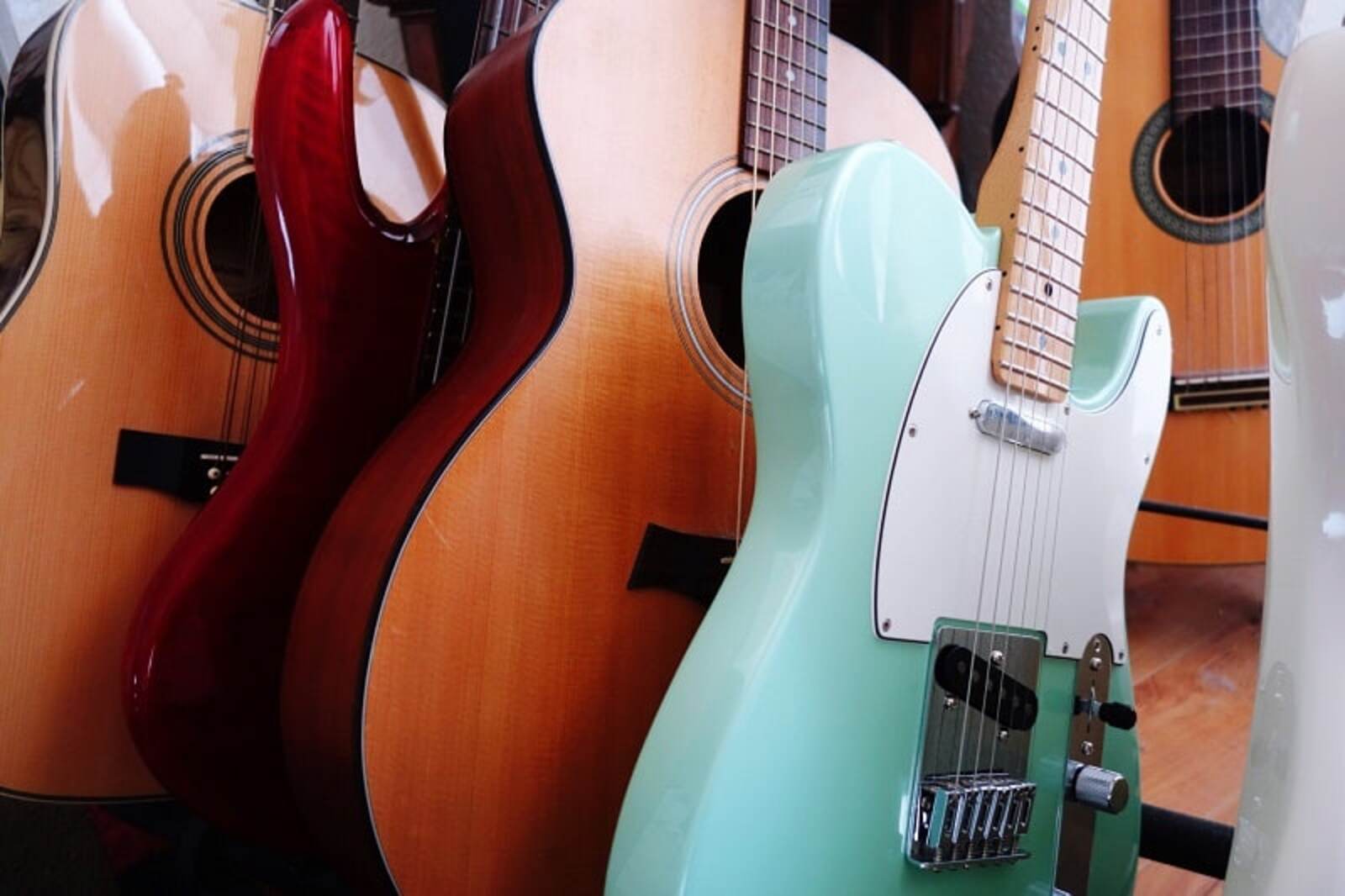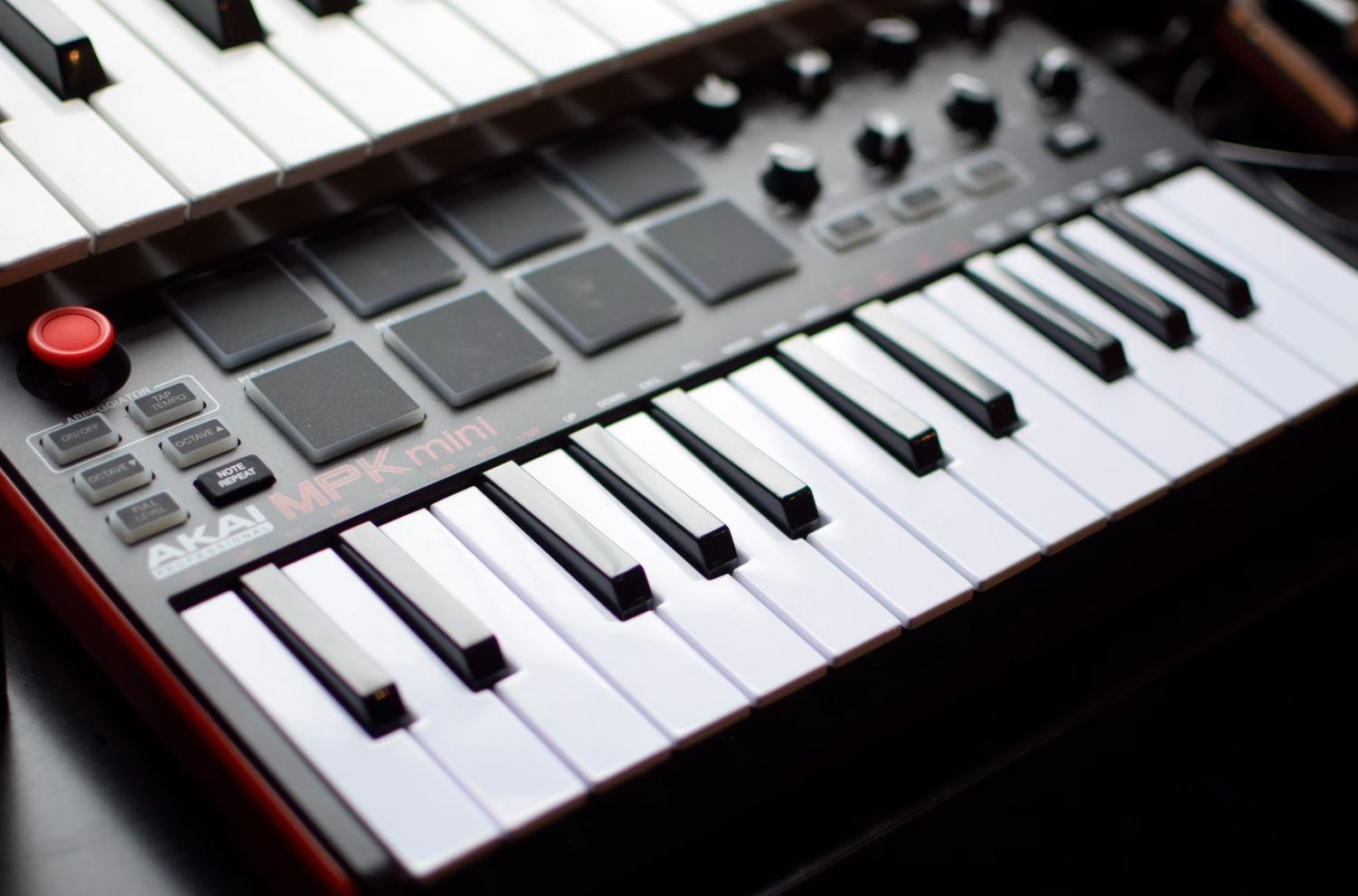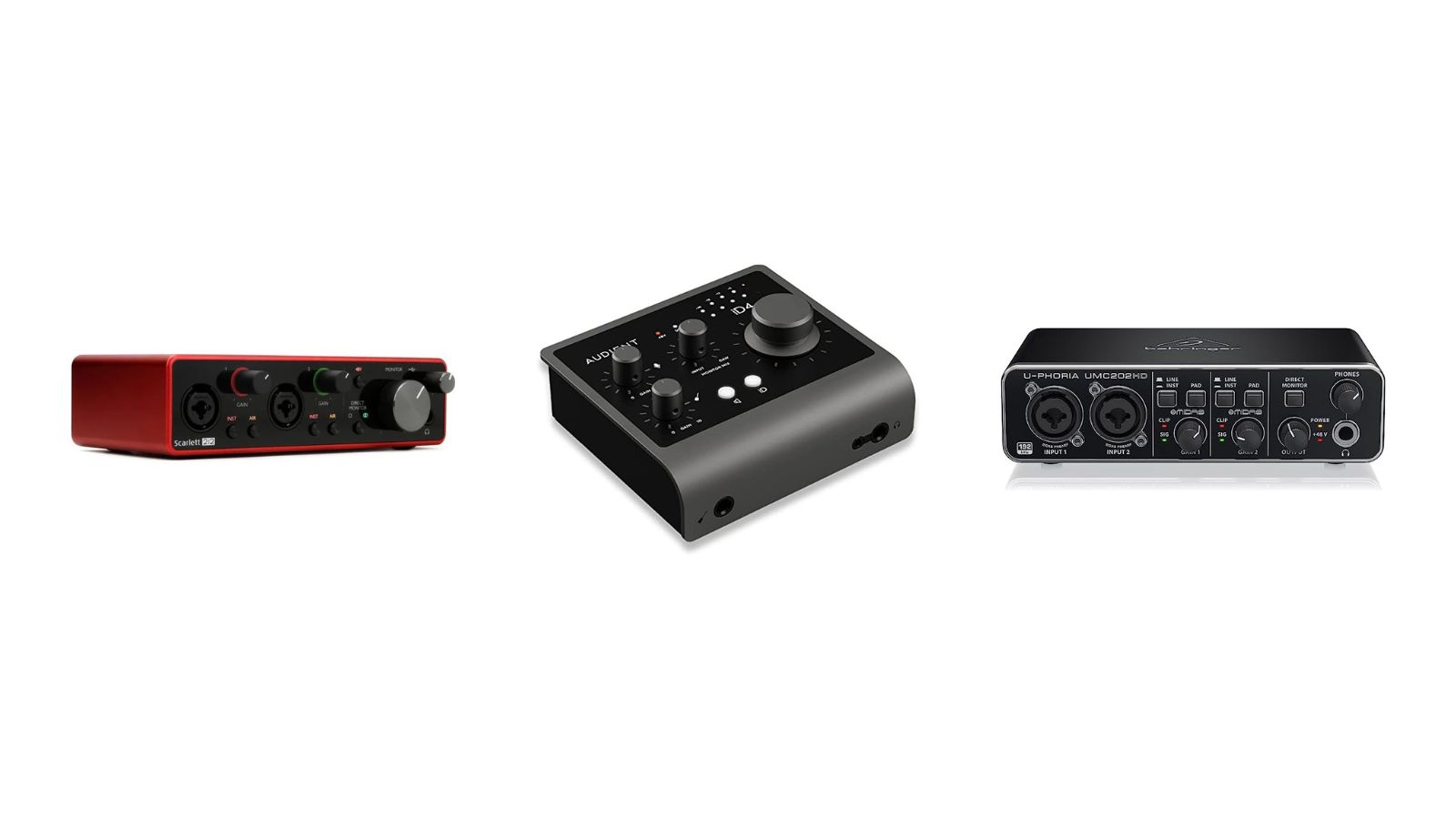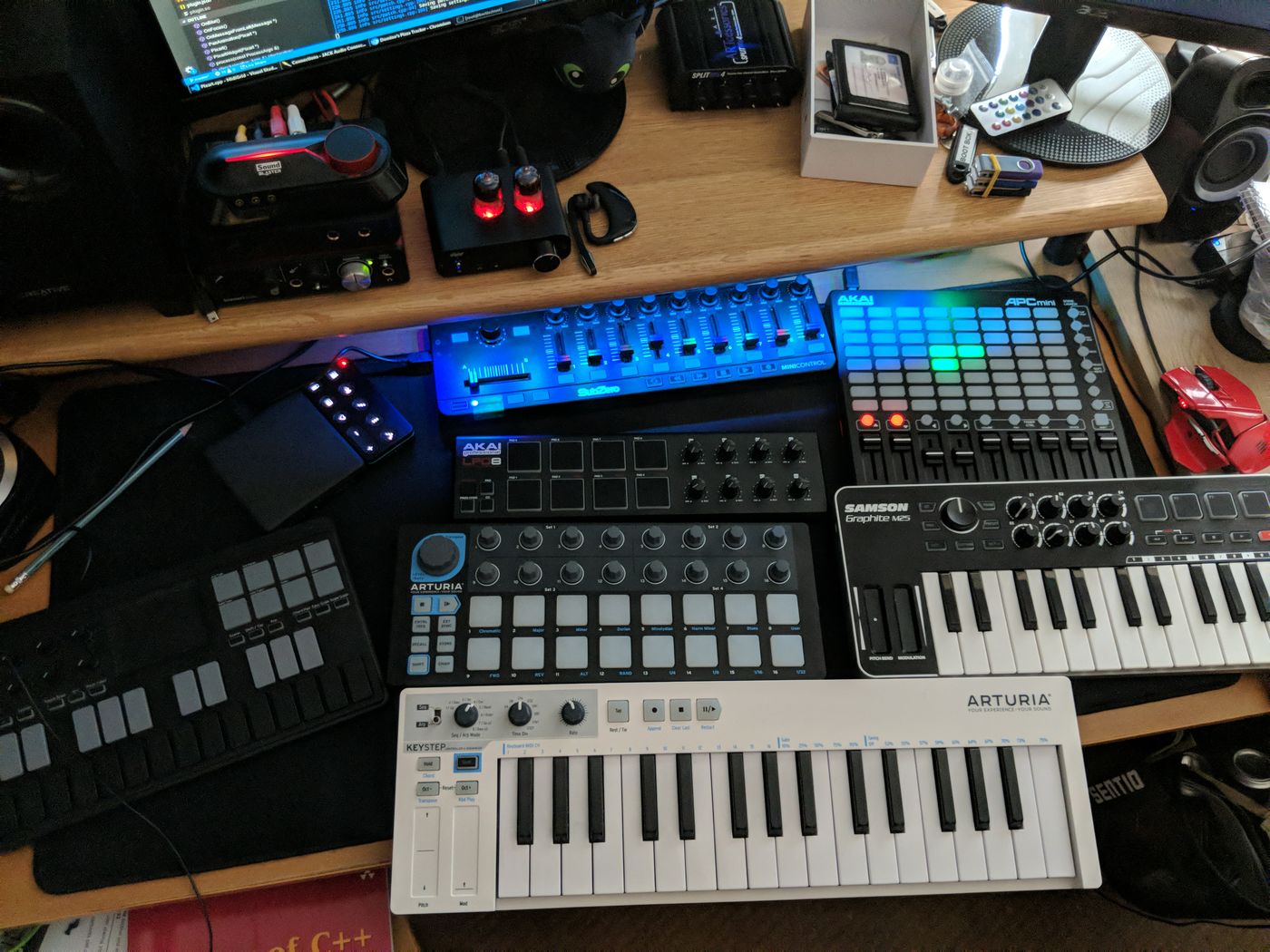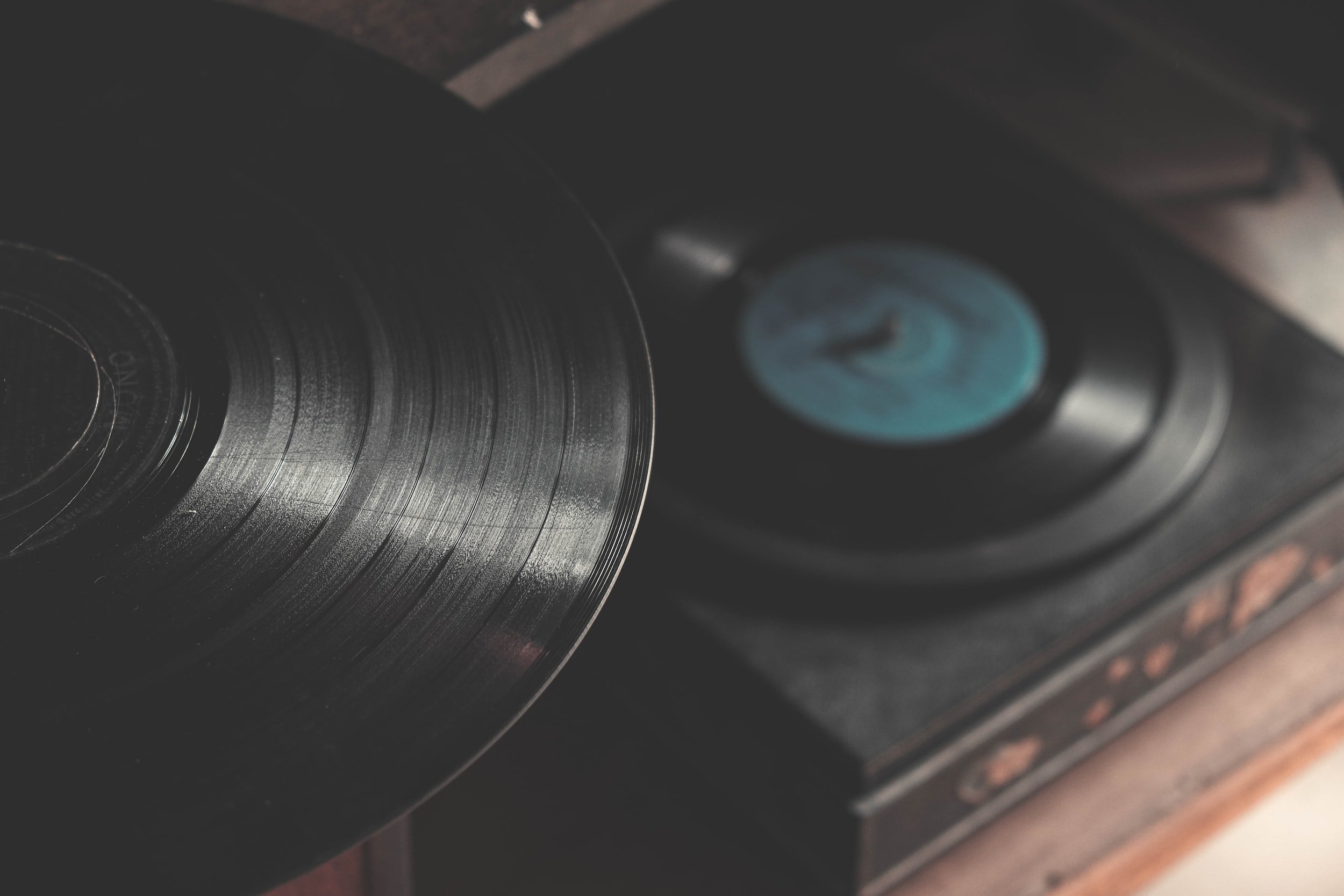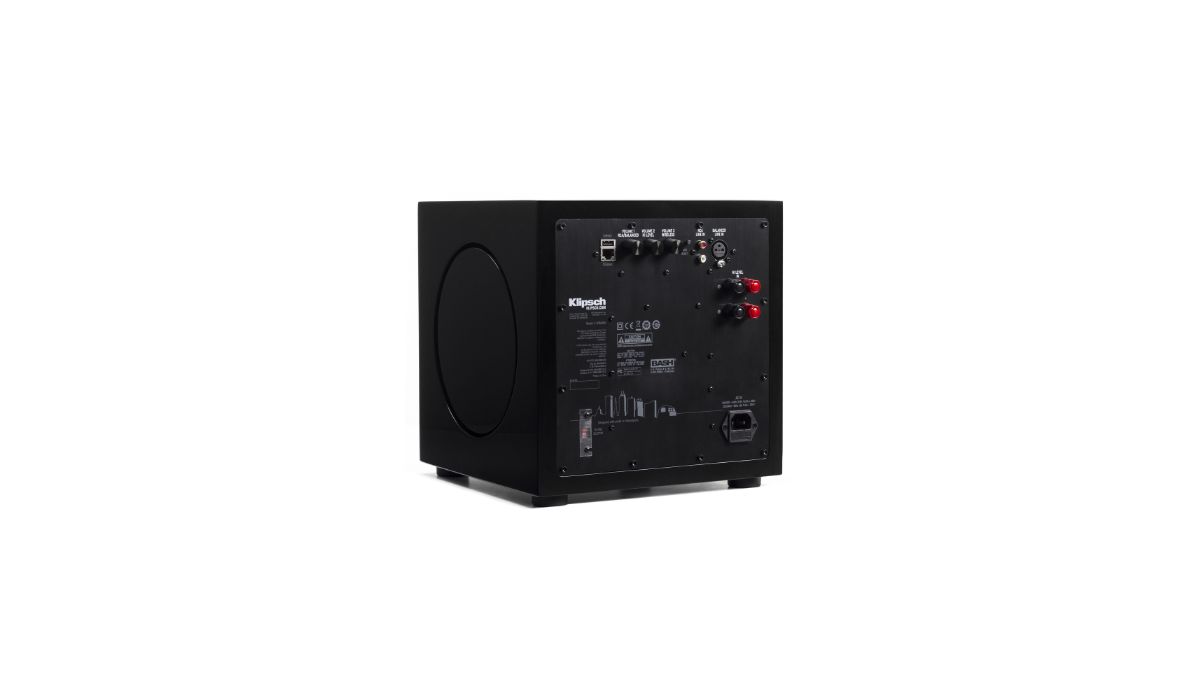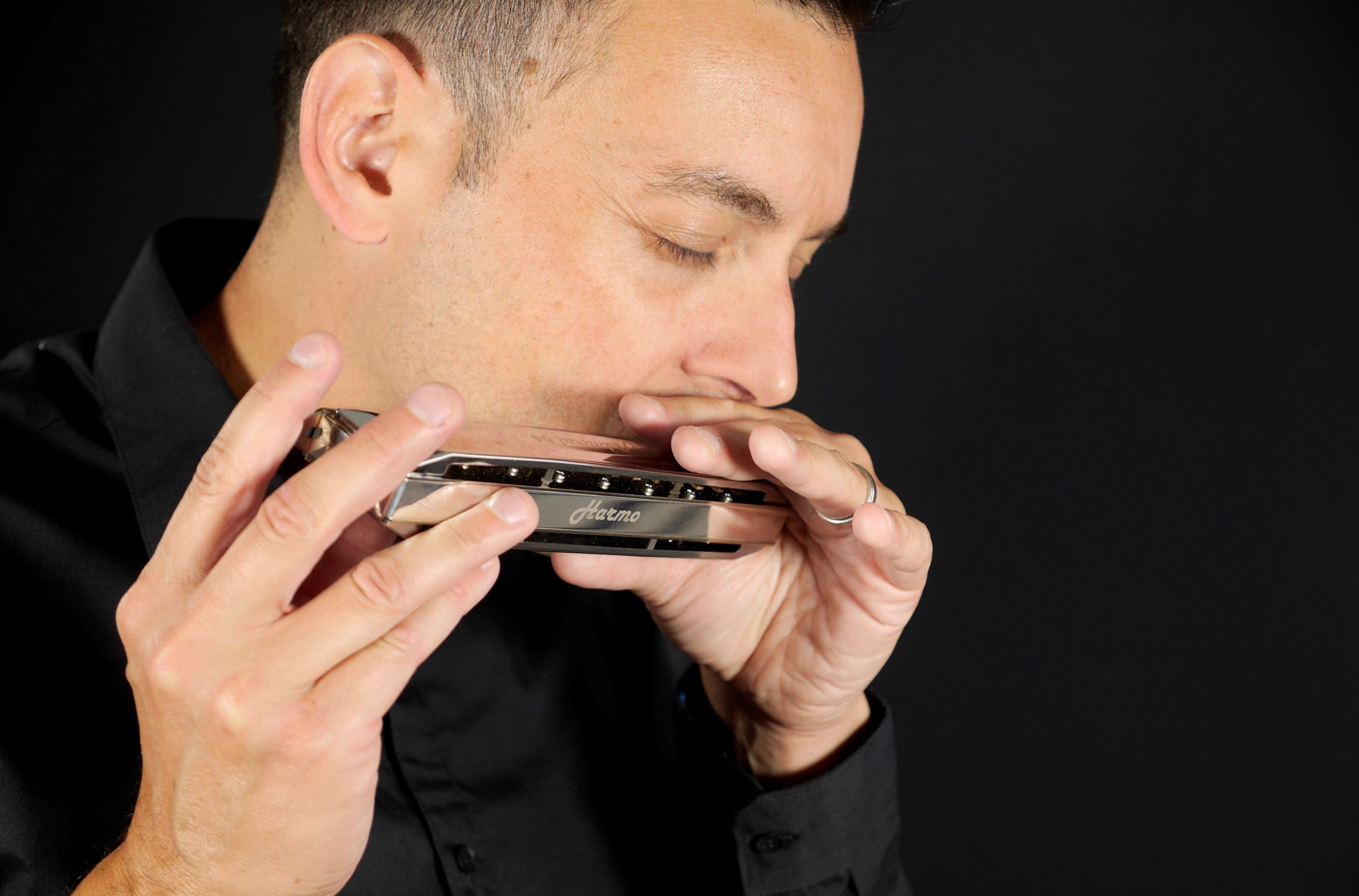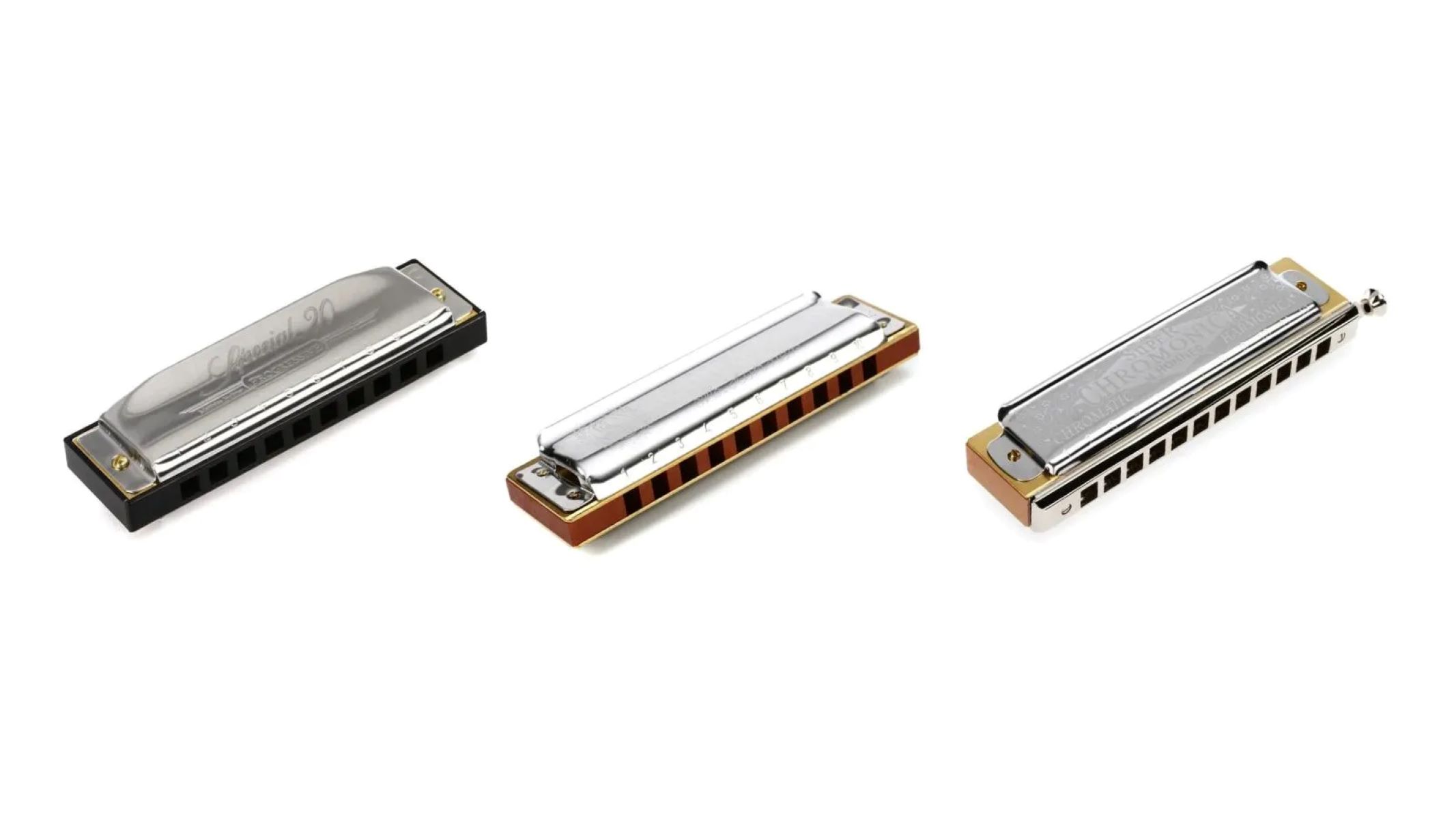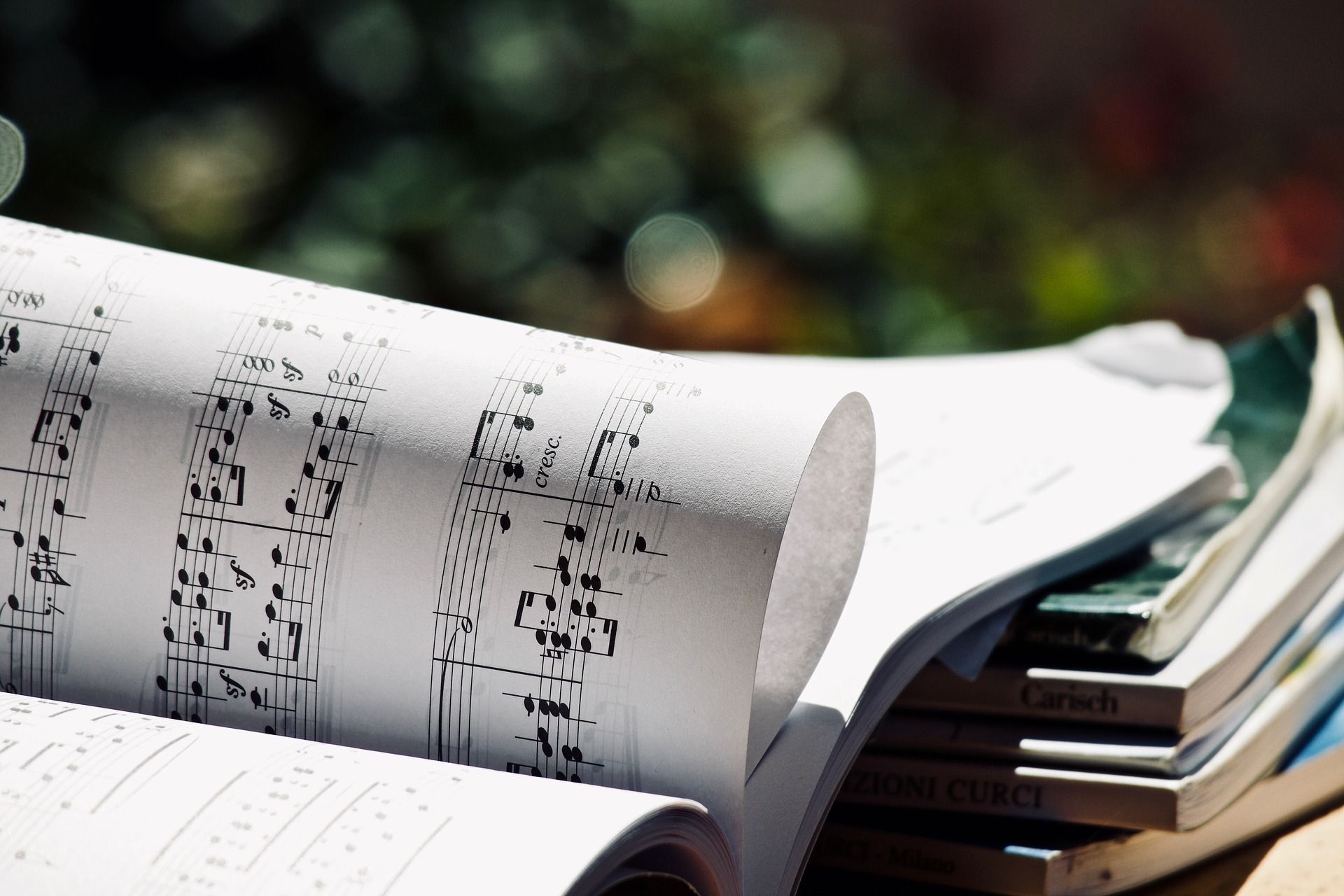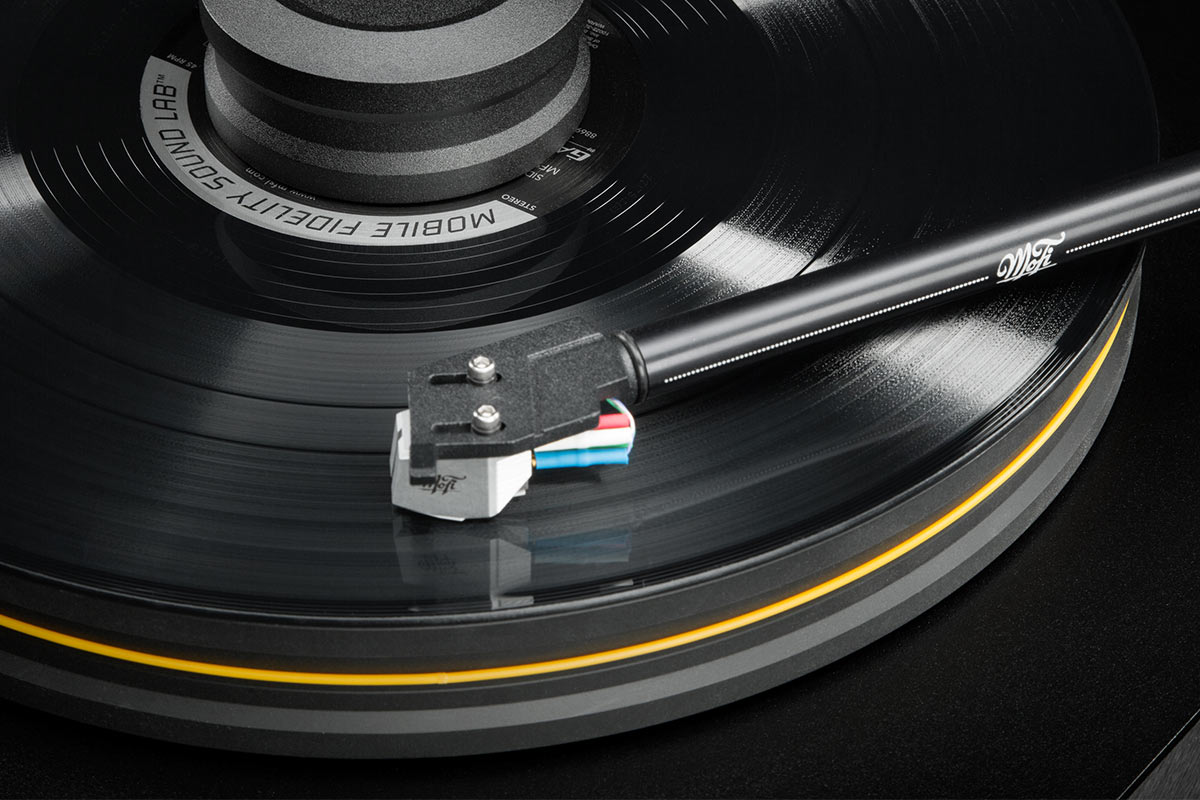Home>Instruments>Harmonica>What Key Harmonica Should I Buy
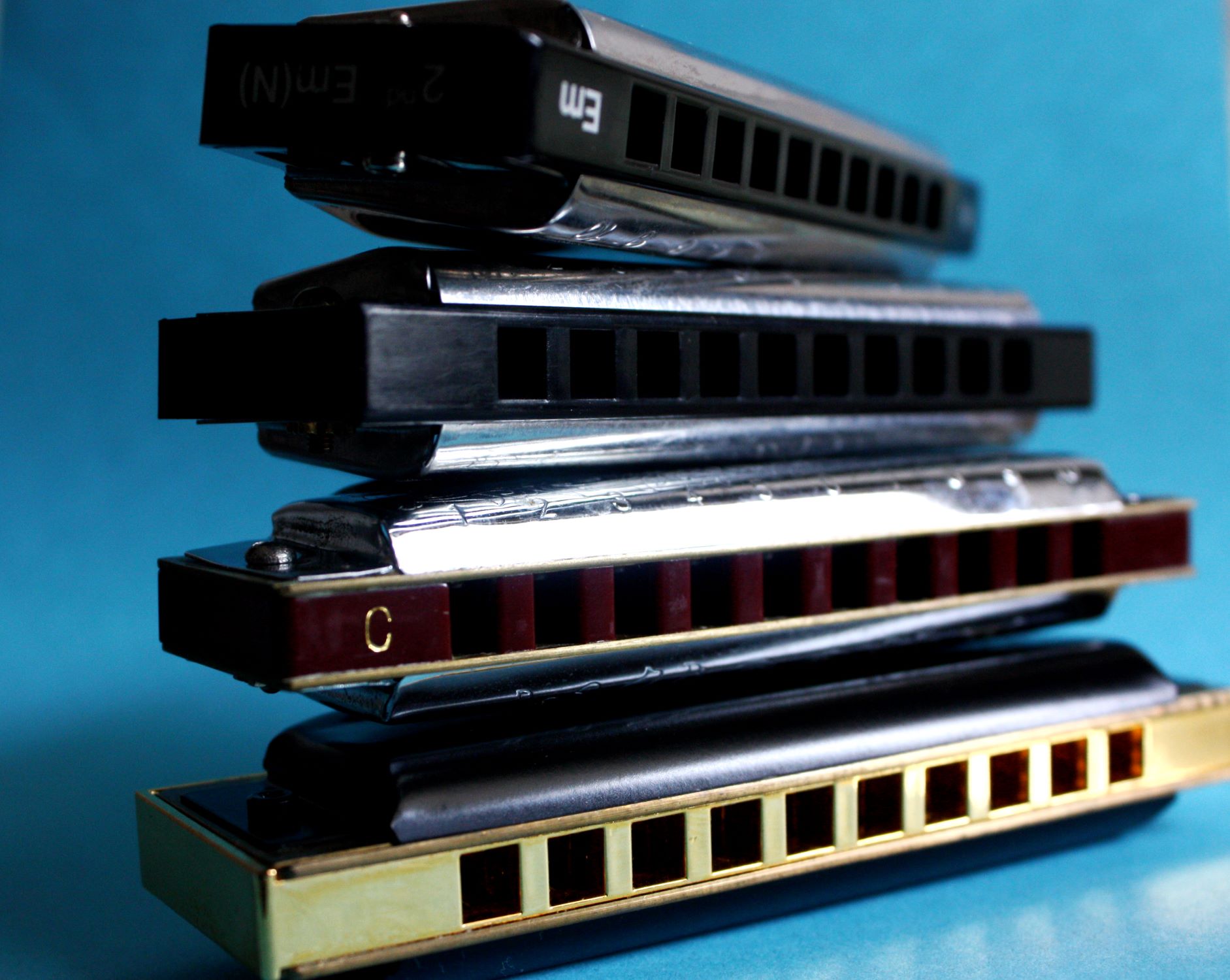

Harmonica
What Key Harmonica Should I Buy
Modified: February 3, 2024
Looking to buy a harmonica? Discover the perfect key harmonica for your needs with our comprehensive guide. Find your ideal harmonica today.
(Many of the links in this article redirect to a specific reviewed product. Your purchase of these products through affiliate links helps to generate commission for AudioLover.com, at no extra cost. Learn more)
Table of Contents
Introduction
The harmonica, also known as the mouth organ or harp, is a versatile and portable musical instrument loved by musicians and enthusiasts worldwide. Whether you’re a seasoned player or just starting your musical journey, choosing the right key harmonica is essential for creating beautiful melodies and playing along with different genres of music.
When it comes to buying a harmonica, there are several factors to consider, including the key of the harmonica, the type of music you want to play, your skill level, and personal preference. Each of these factors plays a significant role in determining the right harmonica for you.
In this article, we will explore the different factors that influence the choice of a harmonica, discuss common key harmonicas, and provide key considerations for different musical genres. Whether you’re interested in playing blues, folk, jazz, or rock, we’ve got you covered!
So, if you’re wondering which key harmonica you should buy, read on to discover the essential information that will help you make an informed decision and unlock the melodious potential of this remarkable instrument.
Factors to Consider When Buying a Harmonica
When purchasing a harmonica, there are a few important factors to keep in mind to ensure you choose the right one for your needs. Let’s take a closer look at these factors:
- Key: The key of a harmonica is crucial as it determines the notes you will be able to play. The most commonly used keys are C, G, and A, but harmonicas are available in various keys, allowing you to play in different musical scales. Consider the type of music you want to play and choose a harmonica that suits that style.
- Type of Harmonica: There are different types of harmonicas, including diatonic, chromatic, and tremolo. Diatonic harmonicas are the most common and versatile, whereas chromatic harmonicas have a button on the side to enable playing all the notes in the chromatic scale. Tremolo harmonicas produce a warbling effect and are often used in folk music. Determine the type of harmonica that best matches your musical preferences.
- Build Quality: The build quality of the harmonica can significantly impact its sound and durability. Look for harmonicas made from high-quality materials such as stainless steel reeds, sturdy comb materials like ABS or wood, and airtight construction. A well-constructed harmonica will not only produce better sound but also last longer.
- Price Range: Harmonicas come in a wide range of prices, from budget-friendly options to high-end professional-grade models. Consider your budget and choose a harmonica that offers good quality within your price range. Remember, a higher price doesn’t always guarantee a better instrument, so research and read reviews before making a purchase.
- Reputation and Brand: Opting for harmonicas from reputable and trusted brands is usually a wise choice. Well-established brands often have a history of producing reliable and high-quality instruments. Some well-known harmonica brands include Hohner, Lee Oskar, Seydel, and Suzuki.
By considering these factors, you will be well on your way to finding the perfect harmonica for your musical aspirations. Whether you’re a beginner or an experienced player, selecting the right harmonica will enhance your musical experience and enable you to create captivating melodies.
Common Key Harmonicas
When it comes to harmonicas, certain keys are more commonly used than others. Understanding these common key harmonicas can help you choose the right one for your musical endeavors. Here are a few of the most prevalent key harmonicas:
- C: The key of C harmonica is often regarded as the standard choice for beginners. It is versatile and commonly used in various musical genres, including folk, rock, and blues. The C harmonica produces a bright and lively sound, making it a popular choice for many harmonica players.
- G: The key of G harmonica is another popular choice, particularly in blues and country music. It is known for its deep and soulful sound, creating a rich tone that fits well with these genres. The G harmonica is a great option for players looking to explore bluesy melodies.
- A: The key of A harmonica is commonly used in jazz, folk, and country music. It produces a bright and vibrant sound, with a slightly higher pitch compared to the C and G harmonicas. The A harmonica is well-suited for playing lively melodies and intricate musical passages.
- D: The key of D harmonica is often preferred by folk musicians and players looking for a mellower sound. It has a lower pitch compared to the C harmonica, creating a warm and nostalgic tone. The D harmonica is a fantastic choice for traditional folk tunes and ballads.
- E: The key of E harmonica is commonly used in blues and rock music, offering a slightly higher and edgier sound. It is favored by harmonica players looking to create soulful and powerful melodies. The E harmonica is known for its expressive qualities.
While these are just a few examples of common key harmonicas, it’s important to note that harmonicas are available in many other keys as well. Ultimately, the choice of key will depend on the specific musical style you wish to pursue. Experimenting with different key harmonicas can unlock new possibilities and inspire creativity in your playing.
Key Considerations for Different Genres
Choosing the right key harmonica for different musical genres can greatly enhance your playing experience and allow you to adapt to the specific characteristics of each genre. Here are some key considerations for different genres:
- Blues: The blues genre is often associated with the harmonica, and the key choice is crucial for capturing that authentic blues sound. The most common keys for blues harmonica are C, G, and A. These keys allow you to easily play the blues scale and create those soulful and melancholic melodies commonly heard in blues music.
- Folk and Country: For folk and country music, keys like C, G, D, and A are commonly used. These keys produce bright and lively tones that complement the acoustic and storytelling nature of these genres. Harmonicas in these keys are often employed for playing lively melodies and accompanying vocals in folk and country songs.
- Jazz: The jazz genre requires a harmonica that can produce smooth and expressive melodies. Keys like C, A, and E-flat (Eb) are commonly used in jazz harmonica playing. These keys allow for intricate and nimble improvisation, enabling harmonica players to navigate through complex jazz chord progressions.
- Rock and Pop: In rock and pop music, harmonicas are often used to add a distinct flavor to the musical arrangement. Keys like C, G, and D work well in rock and pop songs, allowing for catchy hooks and riffs. Harmonicas in these keys enable players to create energetic and memorable harmonica solos that enhance the overall sound of the music.
- Classical and Orchestral: Harmonicas are less commonly used in classical and orchestral settings, but they can still make a unique contribution. Keys like C and G are typically preferred in these scenarios, as they blend well with other instruments and can add a touch of whimsy or a different timbre to the overall sound.
Remember that these recommendations are not set in stone and are meant as a starting point. Feel free to experiment with different key harmonicas and develop your own style within each genre. By understanding the key considerations for different genres, you can select harmonicas that best suit the musical expression you seek to achieve.
Beginner-Friendly Key Harmonicas
For beginners looking to embark on their harmonica journey, certain key harmonicas are considered more beginner-friendly due to their versatility and ease of play. These harmonicas provide a solid foundation for learning the instrument and developing essential skills. Here are a few beginner-friendly key harmonicas:
- C: The key of C harmonica is often recommended for beginners due to its wide range of applications and user-friendly nature. It is commonly used in various genres and allows beginners to learn the basics of playing melodies, practicing techniques, and understanding music theory.
- G: Another beginner-friendly key is the key of G harmonica. It has a similar layout to the key of C harmonica, making it easy for beginners to adapt what they have learned to a different key. The G harmonica is widely used in blues and folk music, providing a great starting point for beginners interested in these genres.
- A: The key of A harmonica is also beginner-friendly and offers a slightly higher pitch compared to the C and G harmonicas. It is commonly used in various musical styles, including folk, country, and rock. The A harmonica allows beginners to explore different melodies and expand their repertoire.
- D or E: The keys of D and E harmonicas are also suitable for beginners who are looking for a slightly lower or higher pitch, respectively. These keys are often favored by folk musicians and can add a unique timbre to your playing. Beginners who are more comfortable with these keys can start their harmonica journey with them.
These beginner-friendly key harmonicas provide a solid foundation for learning the instrument, as they are commonly used and offer a wide range of learning resources and instructional materials. Additionally, these keys are often more forgiving when it comes to bending and controlling notes, which can be challenging for beginners.
Remember, while these keys are recommended for beginners, feel free to explore different keys and experiment with different styles of music to find what resonates with you the most. The key harmonica you choose ultimately depends on your musical interests and preferences.
Advanced Key Harmonicas
For harmonica players who have advanced beyond the beginner stage and are looking to explore new possibilities and challenging musical territory, there are several key harmonicas that are often favored by experienced players. These advanced key harmonicas offer unique tonal qualities and expand the range of musical expression. Here are a few examples:
- F# and Bb: The keys of F# and Bb harmonicas are commonly used by advanced players seeking to experiment with different tonalities. These keys provide a distinct sound and offer new melodic options for players looking to push their boundaries and explore complex musical passages.
- Low-pitched Harmonicas: Harmonicas with low pitches, such as low F, low E, and low C, are often used by advanced players to create deep and resonant sounds. These harmonicas are well-suited for playing in lower registers and can add a powerful and impactful element to your playing.
- Chromatic Harmonicas: Chromatic harmonicas are a popular choice for advanced players looking to expand their musical horizons. These harmonicas have a sliding button on the side that enables players to access all the notes of the chromatic scale. With chromatic harmonicas, players can perform intricate melodies, jazz improvisations, and even play classical music with precision and accuracy.
- Custom-tuned Harmonicas: Advanced players often experiment with custom-tuned harmonicas to achieve unique tones and cater to specific musical genres. Custom tunings allow players to explore alternative scales and create a distinct sound palette that sets them apart from traditional harmonica playing.
These advanced key harmonicas provide seasoned players with new avenues for musical expression and allow them to explore genres and techniques that require a deeper understanding of the instrument. They open up a world of possibilities, offering fresh textures, dynamic range, and unique tonal qualities.
It’s important to note that advanced key harmonicas may require a higher level of technical skill and musical knowledge to fully utilize their potential. As players progress in their harmonica journey, they often develop a preference for specific keys based on their personal style and the musical genres they enjoy playing.
Experimenting with advanced key harmonicas can be a rewarding experience, enabling you to dive deeper into your musical exploration and take your harmonica playing to new heights.
Conclusion
Choosing the right key harmonica is a crucial decision for every harmonica player, whether you’re a beginner or an advanced player. The key of the harmonica not only determines the range of notes you can play but also influences the overall sound and the genres you can explore. By considering factors such as the key, type of harmonica, build quality, price range, and reputation of the brand, you can make an informed decision when purchasing a harmonica that meets your needs and preferences.
Understanding the common key harmonicas and their applications in different genres allows you to make choices that align with your musical aspirations. Whether you’re drawn to the soulful sounds of blues or the lively melodies of folk and country, there’s a key harmonica that can bring your musical vision to life.
For beginners, starting with beginner-friendly key harmonicas like C, G, A, and D can provide a solid foundation and allow for easier learning and skill development. As you progress and gain more experience, exploring advanced key harmonicas and alternative tunings can unlock new levels of creativity and musical expression.
The harmonica is a remarkable instrument that has captured the hearts and ears of musicians and listeners alike. It offers a unique blend of portability, versatility, and emotional depth. Whether you’re playing alone or jamming with others, the harmonica has the power to captivate and create beautiful melodies.
So, trust your instincts, do some research, and choose the key harmonica that resonates with you. Let your musical journey unfold, and remember to always keep exploring, experimenting, and honing your skills. With the right key harmonica in hand, you can unlock a world of musical possibilities and embark on a harmonious adventure like no other.

